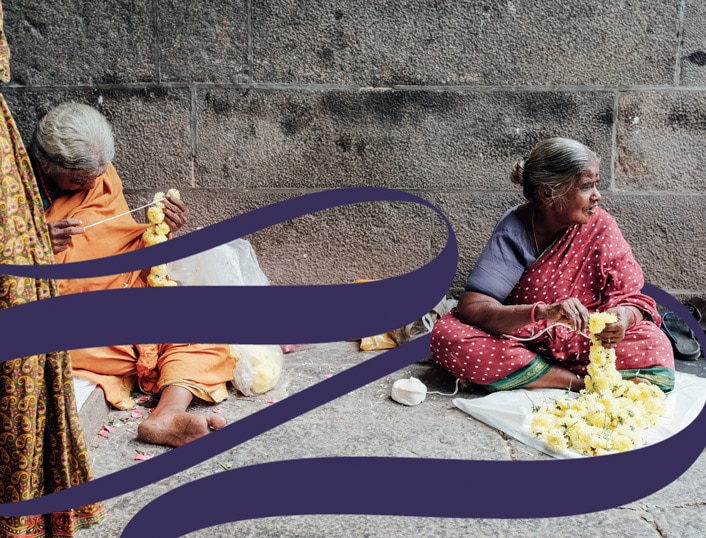Global Governance and the Emergence of Global Institutions for the 21st Century provides a comprehensive set of proposals combining alternative dispute settlement mechanisms, phased disarmament, an International Peace Force adequate to the task, and paths to its implementation.
Lt Gen (ret) the Honourable Roméo Dallaire, author of Shake Hands with the Devil: The Failure of Humanity in Rwanda
This book’s trenchant analysis of what ails the running of the globe should be read by policymakers everywhere, and certainly by those many citizens who concern themselves with fostering a better and more functional world. Change comes slowly, but this book is a prodding catalyst.
Robert I. Rotberg, Harvard Kennedy School, author of On Governance
In this outstanding volume, Lopez-Claros, Dahl and Groff document the existential challenges facing our global institutions, from environmental decline and the failure of existing international security mechanisms to mass population flows and the crisis of sovereignty and civil society engagement.
Ambassador Donald Steinberg, Board member, Center for Strategic and International Studies
The bold idealism championed by Lopez-Claros, Dahl and Groff is just what the planet needs, with not a moment to lose if we are to halt and reverse the trajectory of imminent disaster on which we have set ourselves. As a former Ambassador to the United Nations with first-hand experience on the UN Security Council, I applaud the vision laid out for transformational change grounded in past institutional experience.
Amanda Ellis, Executive Director Hawaii & Asia-Pacific Arizona State University, Julie Ann Wrigley Global Institute of Sustainability
The current UN-based world system of governance, largely formulated in the mid-20th century after the Second World War, is not up to dealing satisfactorily with 21st century problems. But it is what we have. The authors of this book suggest radical, even breath-taking, reforms to enable global governance to cope with current and prospective global problems, from keeping and enforcing peace to inhibiting if not preventing financial crises to protecting residents of all countries from governmental abuse to mitigating and adapting to climate change.
Richard N. Cooper, Maurits C. Boas Professor of International Economics, Harvard University
Global Governance is a book of exceptional breadth and vision, written for an unprecedented period in the historical evolution of humankind. Defying the cynicism and myopia that often define the political culture of our times, it dares to state the obvious truth that global interdependence is an inescapable reality, and that far from naïve idealism, building effective global institutions in the 21st century is a matter of survival for our species.
Payam Akhavan, Professor of International Law, McGill University, Montreal, Canada
This volume makes a powerful call for action to transform the international institutions that govern human affairs. Grounded in rigorous historical exploration, it offers a vision for collective courage to change what we can and reimagine what we consider outmoded and inadequate. This is the blueprint for a new global architecture.
Maria Ivanova, Associate Professor of Global Governance and Director of Center for Governance and Sustainability, University of Massachusetts Boston
This path-breaking work provides important insights for practitioners and scholars struggling to understand the economic, political, and scientific forces roiling the world. As humanity seeks ways, well beyond the traditional controls available to individual nation states, to manage problems which pose enormous risks as well as rich opportunities, this book points in promising directions.
Dan Sarooshi QC, Professor of Public International Law, Faculty of Law and the Queen’s College, University of Oxford; and Essex Court Chambers, London



